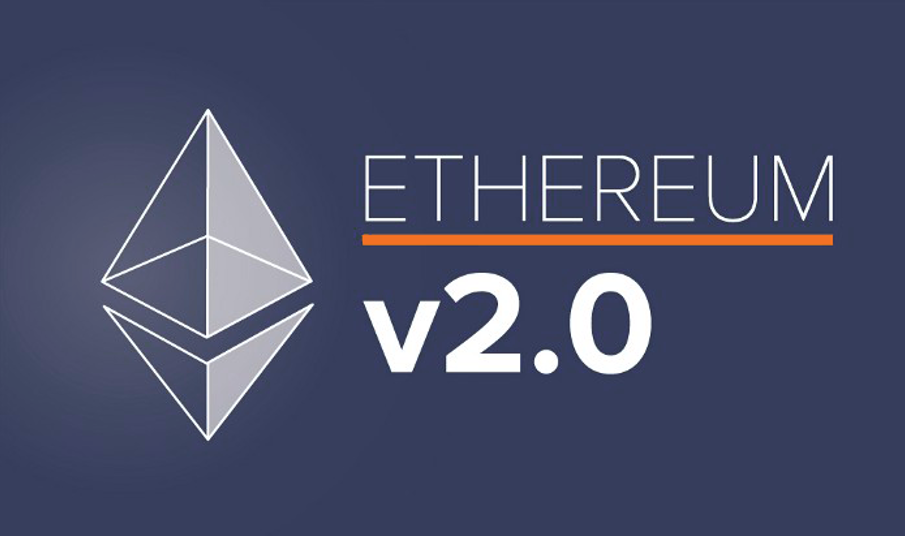

Some believe that this is a temporary correction that will soon be righted, as the likes of Bitcoin continue their ascent to unknown and unheralded highs. While all of the big performing cryptocurrencies have receded in value recently, there is still some debate over the direction of the market going forward. Ripple has indeed made a ripple in the cryptocurrency sector, but the big two players still dwarf the value of this new entry to the market, and Ripple has some way to go before it can be ranked alongside Bitcoin and Ethereum. Both Bitcoin and Ethereum are trading at prices massively in excess of the Ripple stock option, and this is unlikely to change in the foreseeable future. However, despite this fact, Ripple cannot really be considered to be part of the mainstream at present. Ripple has been far more embraced by mainstream organisations and institutions, with many believing that the Ripple concept can deliver something quite unique and valuable to mainstream financial organisations. Again, this is an area in which none of the major cryptocurrencies can seriously compete with Ripple, and it is another indication of how the technology could be adopted by the mainstream financial architecture in one foreseeable future.Ĭertainly the banking and financial industry has made its opinion on the Ethereum vs Ripple comparison clear. While one can expect a transaction to take around two minutes on at the Ethereum blockchain, Ripple is able to deliver a transaction every four seconds. While Bitcoin is a very cluttered system by now, Ripple impresses with the speed of transactions delivered, and its processing is far faster than that of Ethereum. When one looks at this figure, it becomes easy to understand why the mainstream financial system is more enthusiastic about the potential of the Ripple blockchain.Įthereum vs Ripple will also be defined by the speed of transactions delivered by the two systems, and it is hardly surprising that Ripple wipes the floor with the opposition here as well. Ripple is able to deliver a phenomenal 1,500 transactions every second, which is, incredibly, 100 times that of Ethereum. Ripple has a massive advantage over both Ethereum and Bitcoin in this area, and this is one way that the cryptocurrency has established itself as a particularly credible solution.

Scalability refers to the number of transactions that can be completed by the blockchains associated with these cryptocurrencies in a specified time period, which is usually one second. Several countries have already passed legislation which is hostile towards the market-leading Bitcoin and other cryptocurrencies, while there has been all manner of negative talk on Bitcoin from both the financial sector and legislators.Īny Ethereum vs Ripple comparison must be informed by key aspects of the two cryptocurrencies, and it is firstly worthwhile to assess the scalability of these two solutions. This could be a big factor in the Ethereum vs Ripple battle, particularly in a climate in which cryptocurrencies are being demonized by the authorities. But it will be an advantage in terms of attracting the mainstream financial hierarchy. This possibly could be a disadvantage in achieving the sort of breakout value that has already been applied to both Bitcoin and Ethereum. This is partly why there has been such hostility towards Bitcoin, which is essentially a libertarian response to the centralized nature of the banking system.īy contrast, Ripple has been criticized by advocates of cryptocurrency for being decentralized, which it is asserted goes against the very ethos of the cryptocurrency revolution. This is because the financial sector wishes to apply rules to the blockchain that achieve cost-efficiencies and improve profits through the effective deployment of technology. It is notable that the banking industry has got on board with Ripple perhaps more than any other blockchain product. While Ripple has marketed itself as a useful mechanism in cross-border transactions in particular. Ethereum is considered rather similar to Bitcoin, effectively a digital token intended as a unit of exchange. One of the key aspects in the Ethereum vs Ripple comparison is the way that the two cryptocurrencies market themselves. Ripple is valued at a mere fraction of either Bitcoin or Ethereum, but is considered to have upside potential due to the nature of the system and the ties it has already made. While Bitcoin is still worth far more than Ethereum, the second largest cryptocurrency has at least closed the gap somewhat. But how do the two systems compare, and which one is better placed to achieve this? Ethereum vs Ripple…this may seem like a lightweight cryptocurrency encounter when compared to Bitcoin, but one day one of these digital solutions may exceed the value of the pioneer.


 0 kommentar(er)
0 kommentar(er)
